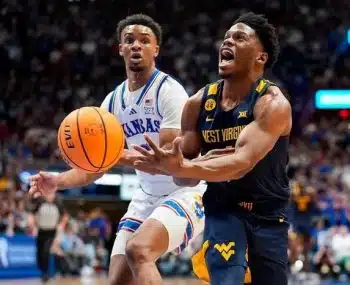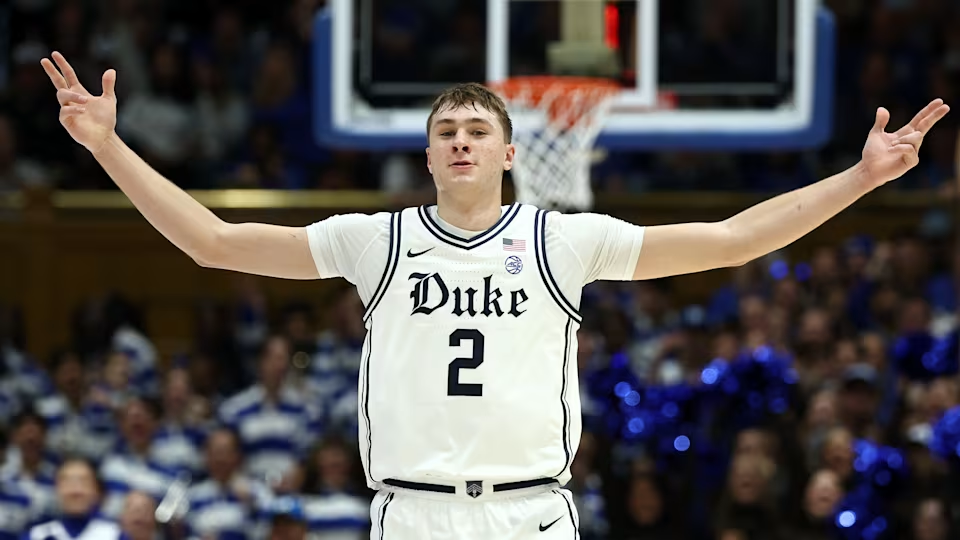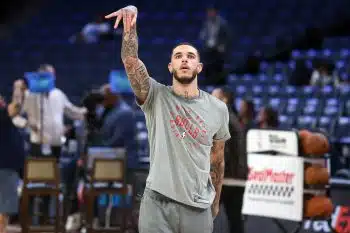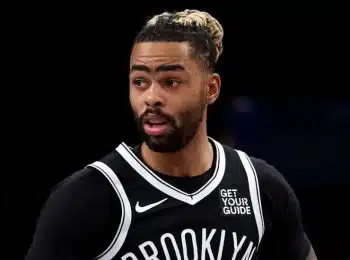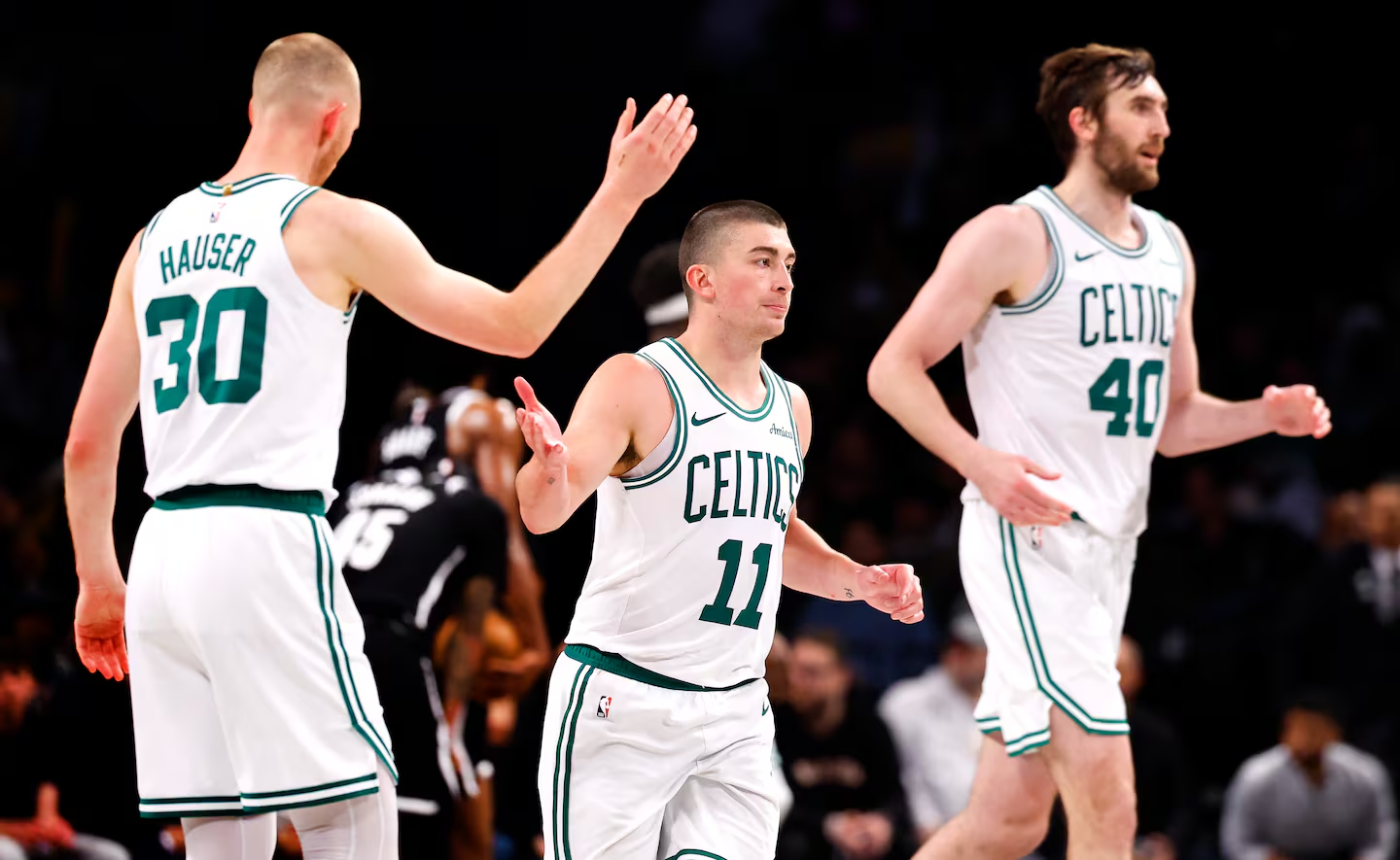NBA
NBA Daily: The NBA Ten Years Ago
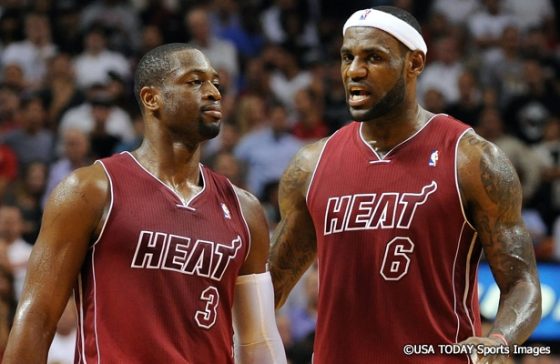
Regrettably, this piece came out a little bit later than usual. Usually, Basketball Insiders tries to get this out around the time the season begins, but it’s only been two weeks, give or take, so it still feels appropriate. Better late than never, right? Well… the jury’s still out in this case.
Naturally, this begins with the biggest NBA bombshell in years: Giannis Antetokounmpo’s extension.
It was unheard of. Gearing up for NBA Free Agency in 2021 all because of him; ready for all the clickbait articles that would be hate-read; prepared for all those reports detailing locker room drama, even if they were all pure speculation; equipped for anonymous tweets from a “friend of a friend” or a “step-cousin twice removed” that would get its 15 minutes of fame before a legitimate insider ruined all the fun.
It didn’t matter if there were full-time jobs or families to take care of. With a young superstar like Giannis potentially changing teams, the industry’s priorities were set. That was until Giannis… elected to stay?! No Mr. Greek Freak! That’s not how this works!
When you’re one of the league’s best players in your mid-20’s playing for a team that has underachieved in spite of impressive regular season numbers – and with the prime of your career is knocking on your door – playing the field has become second nature.
For the last several years, it appeared that loyalty between stars and their teams had died. Stars embraced the notion that they could create their own path. That’s why Giannis leaving Milwaukee to join other stars in Golden State or Miami seemed like more than just a possibility.
To see Antetokounmpo choose otherwise was so surreal to us because, 10 years prior, LeBron James did the exact opposite.
The Decision
The name of this entire article could’ve been The Decision: 10 Years Later because, in retrospect, the ramifications of that event still impact the NBA today, in ways that not even LeBron or his friends saw coming then.
Superstars leaving for more glamorous cities via free agency was nothing new to the NBA. Of course, players had previously done everything in their power to get off their teams. This was different though. Superstars jumping ship for greener pastures wasn’t new, but choosing to join forces willingly had never been done before.
Back then, that wasn’t what NBA stars did. Ever. Those guys wanted the honor of beating each other, not playing together. Well, that’s what the stars of the previous decades did. Not this one. This signified a new era of superstars. Ones that didn’t leave their destinies up to the teams that drafted them.
They looked at it like this: Charles Barkley, Karl Malone and John Stockton are all looked at as the league’s best players of all-time. They’re also remembered as the best players who never won a title. Let’s face it. No NBA star wants that same fate. Thus, once The Decision happened, the player empowerment era had commenced.
Shortly afterward, Carmelo Anthony, Deron Williams and Chris Paul followed in LeBron’s footsteps. Since then, we’ve seen star players collaborate to win championships over the last decade. That’s why, in some respect, The Decision is to blame for Kevin Durant joining Golden State. Now, LeBron joining Miami to form a contender is much different than Durant joining Golden State, but both had the same goal in mind. They didn’t want to go through their careers ringless. If that meant joining forces with other stars to give them a better chance, so be it. LeBron invented it in 2010; Durant perfected it in 2016.
When he calls it a career, and who knows when that will be, LeBron will be remembered for being arguably the greatest basketball player ever. What will come in as a close second is changing how players approach their individual journeys. He opened that door and it will never be closed.
The NBA Champion
The 2011 Dallas Mavericks were an anomaly. In two ways. First off. coming into the 2010-11 season, no one thought they were going all the way. They had only made it past the first round once since their near-title run in 2006 and were coming off a first-round upset at the hands of the San Antonio Spurs. When Caron Butler, one of their top scorers, went down early with a season-ending knee injury, that made it seem even less likely.
Second, almost every championship team in the 2000’s – minus the 2004 Detroit Pistons – had at least two superstars aboard or at least one superstar and one that was close enough. Shaq had Kobe, then Dwyane Wade. Kobe had Shaq, then Pau. Tim Duncan had Tony Parker and Manu Ginobili. Kevin Garnett had Paul Pierce and Ray Allen. Then there’s Dirk Nowitzki. He had… Tyson Chandler? Jason Terry? Jason Kidd and Shawn Marion were stars once upon a time, but not in 2011. Dallas had one all-time player putting up an all-time performance, plus a bunch of complementary players.
Would it have worked today? What the 2011 Mavericks will be remembered for will be the depth had around Dirk. They didn’t have a classic second star, but they had an elite rim protector (Chandler), a veteran playmaker (Kidd), an elite defender (Marion), a capable scorer (Terry), a three-point specialist (Peja Stojakovic) and other serviceable role players who knew exactly what they were supposed to do – Deshawn Stevenson, Jose Juan Barea, Brendan Haywood. And it worked.
If anything, they prove that building the right team around your star doesn’t always have to require another player of his caliber or close to it, but just the right guys to get him to the top.
A Rare MVP
As impactful as The Decision was, it did create a villainous image for LeBron James – in retrospect, the TV special itself and the forthcoming party in South Beach did him no favors – and voting fatigue for the reigning two-time MVP meant there was going to be a window for a new selection to rise. Enter Derrick Rose.
Much like picking the Mavericks to win the title that year, Rose was not someone who would have come to mind at the beginning of the 2010-11 season. He had an electrifying rookie year and made the all-star team the following season, but winning MVP meant he was on the same level as LeBron, Kobe Bryant, Dwight Howard and Dwyane Wade to name a few.
And that’s exactly what he did. Rose was a spectacular one-man show. The body control and athleticism, especially for a point guard, was unbelievable. To top it all off, unlike say, Russell Westbrook’s MVP campaign in 2017, he was leading an elite team on top of it. Chicago got the first seed that year, which only made his case stronger.
But would a prime Derrick Rose have looked as good in today’s NBA? Back in 2011, the league gave you a pass if you weren’t a knockdown shooter. Now, it will never let you forget it. Rose was never a reliable floor spacer when he was at the top of his game. Teams would dare him to go for the jumper if he played on that stage now, so how effective would he have been?
Even so, the record will always show that he was the youngest player to win MVP. As tragic as it is that we never got to see that version of Rose again, thankfully, the league was just right for him to win its most prestigious award.
Three-Peating: Not Easy
The Los Angeles Lakers came into that season as the defending champions for the second consecutive year, and expectations were that they were going to do it again. The Lakers hadn’t lost anyone particularly vital that summer. Kobe, Pau, Lamar Odom and Ron Artest were all still pretty much in their primes, while Andrew Bynum was only getting better. They even added Matt Barnes and Steve Blake to solidify their rotation. They could do no wrong.
To be fair, they didn’t. They finished the season 57-25, good for second overall in the Western Conference. Kobe made first-team All-NBA while Pau made the second team. They performed up to standards in the regular season – the playoffs, not so much.
It took them six games to take care of Chris Paul and the seventh-seeded then-New Orleans Hornets. Then they bowed out in an embarrassing sweep done by the aforementioned Dallas Mavericks.
They are the living proof that three-peating is a grueling task even if you have basically the same amount of talent that you did the year before. They weren’t just the two-time reigning champions; they had also been to three consecutive finals. Basically, that’s a ton of extra playoff games played in that span.
We saw this a year and a half ago when not even the Hamptons Five Warriors couldn’t do it.
Oh, and, just to demonstrate again how different the league was back then, what specifically took down the Lakers? Answer: The Mavericks raining down a playoff record 20 threes. At the time, that was unprecedented. Now? Child’s play.
The common notion is that the NBA started to change when the league revolved around three-point shooting and versatility. While it most certainly did, the NBA really started changing the moment its stars decided to make their own destinies. So much has changed that Giannis’ decision to stay in Milwaukee without even testing free agency would have been regular as clockwork back in 2010. Now, it’s a rarity.
And it only took ten short years for that narrative to switch.
